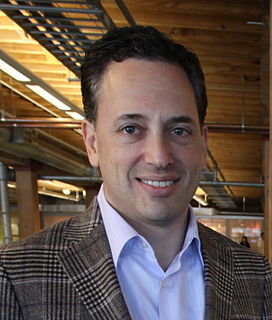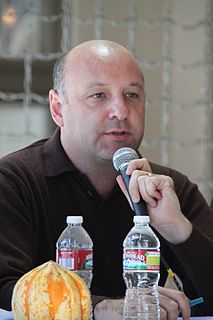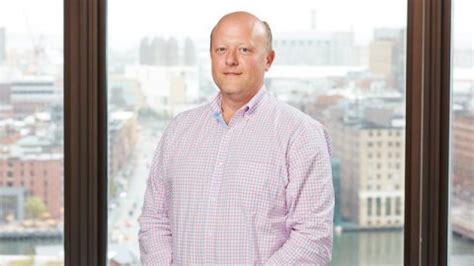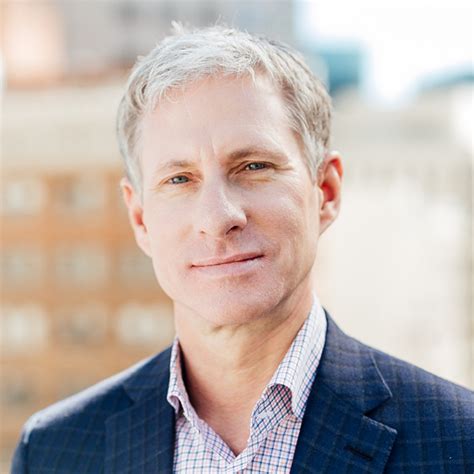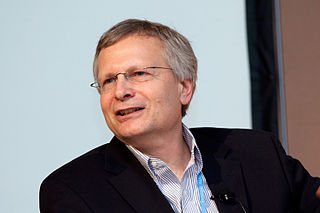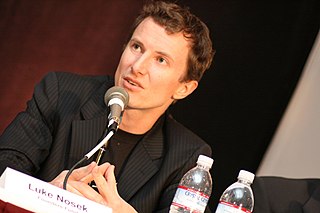A Quote by Daniel Lyons
PayPal, which was founded in 1998, may be the closest thing to a global currency that has ever been created. Based in San Jose, California, the company operates in 190 markets, sending and receiving payments in 24 currencies on behalf of 90 million active members.
Related Quotes
Bitcoin has been described as a decentralized, peer-to-peer virtual currency that is used like money - it can be exchanged for traditional currencies such as the U.S. dollar or used to purchase goods or services, usually online. Unlike traditional currencies, Bitcoin operates without central authority or banks and is not backed by any government.
Unlike national markets, which tend to be supported by domestic regulatory and political institutions, global markets are only 'weakly embedded'. There is no global lender of last resort, no global safety net, and of course, no global democracy. In other words, global markets suffer from weak governance, and are therefore prone to instability, inefficiency, and weak popular legitimacy.
I saved $725 million on the 90 planes. Just 90. Now there are 3,000 planes that are going to be ordered. On 90 planes I saved $725 million. It's actually a little bit more than that, but it's $725 million. Gen. Mattis, who had to sign the deal when it came to his office, said, "I've never seen anything like this in my life." We went from a company that wanted more money for the planes to a company that cut. And the reason they cut - same planes, same everything - was because of me. I mean, because that's what I do.
In practice [monetary management] is merely a high-sounding euphemism for continuous currency debasement. It consists of constant lying in order to support constant swindling. Instead of automatic currencies based on gold, people are forced to take managed currencies based on guile. Instead of precious metals they hold paper promises whose value falls with every bureaucratic whim. And they are suavely assured that only hopelessly antiquated minds dream of returning to truth and honesty and solvency and gold.

